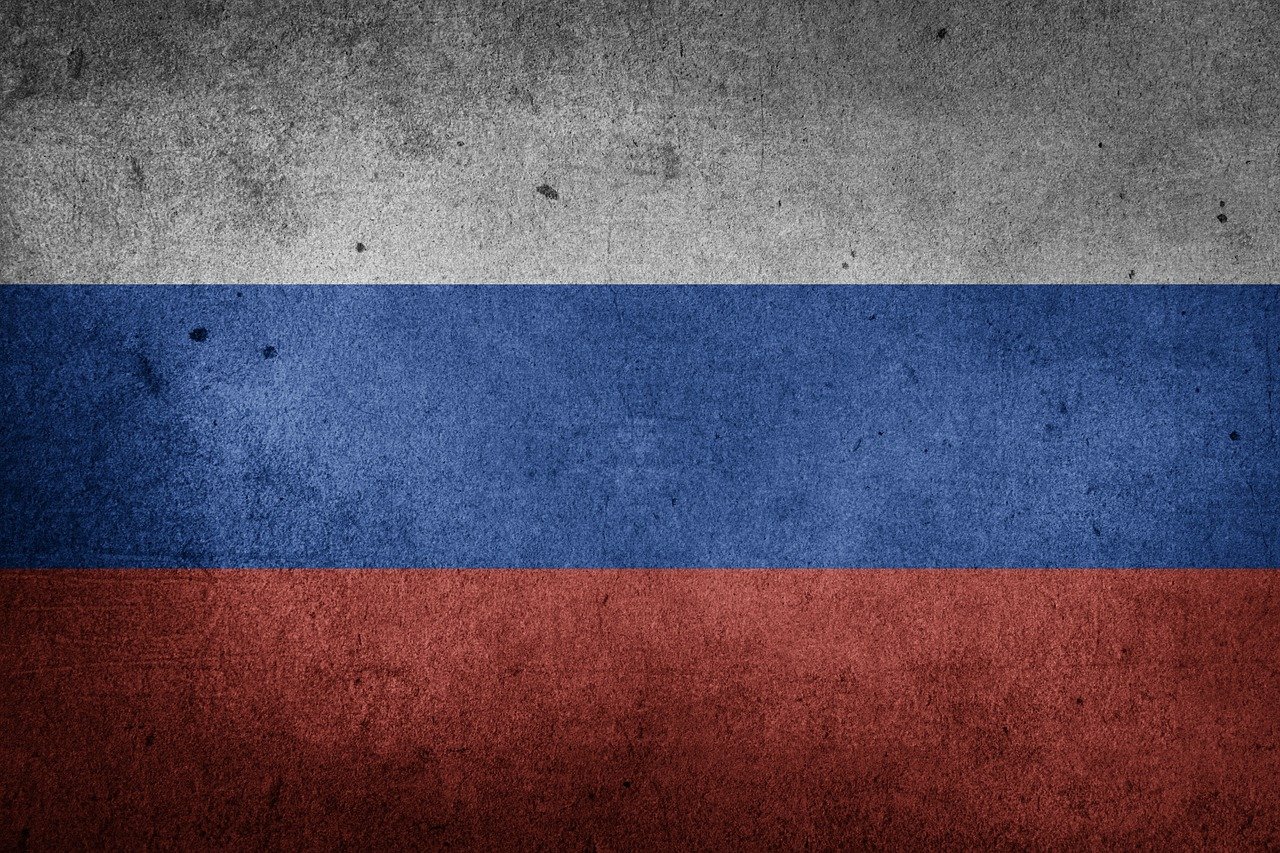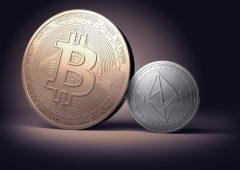Russia’s Central Bank Rejects Bitcoin for Payments Amid Economic Challenges
21.12.2024 10:00 2 min. read Alexander Stefanov
The Russian Central Bank surprised many by holding its key interest rate steady at 21%, a move that contradicted predictions of an increase to 22% or more.
This decision reflects a deliberate approach to managing inflation and economic stability without taking excessive risks. Governor Elvira Nabiullina explained that slowing credit activity influenced the choice, indicating that the current rate is already having the desired effect. Her deputy, Alexei Zabotkin, supported this view, emphasizing that further hikes might harm the economy more than help it.
High interest rates remain a contentious issue, as they make borrowing costly and can suppress growth. However, the Central Bank insists these measures are vital to combat persistent inflationary pressures. Nabiullina acknowledged the difficulties posed by the current rates but described them as a short-term necessity. She expressed confidence that policies implemented in mid-2023 are starting to show results. If inflation doesn’t ease soon, adjustments might follow, but for now, the focus is on staying the course.
The rouble’s stability is also central to the bank’s strategy. Despite concerns about a weakening currency, the Central Bank is committed to a floating exchange rate, leaving its value to market forces. According to Nabiullina, trade balances are a more reliable indicator of economic health, and she sees no immediate threat to the rouble’s position.
READ MORE:

SEC Approves New Bitcoin and Ethereum ETFs
On the cryptocurrency front, the Central Bank reiterated its firm stance against Bitcoin and other digital currencies for domestic use. While a recent proposal suggested creating a Bitcoin reserve, and President Putin voiced support for cryptocurrencies, the Central Bank remains focused on using these assets solely for foreign trade. Citing regulatory and risk concerns, it has shown little interest in adopting crypto for broader applications.
The Central Bank’s current strategy reflects a delicate balancing act, aiming to control inflation without stifling growth or destabilizing the currency. While this approach contrasts with President Putin’s more progressive stance on certain financial tools, the bank remains steadfast in its cautious methodology. Only time will determine whether this measured approach will yield the desired results.
-
1
Robert Kiyosaki Buys More Bitcoin, Says He’d Rather Be a ‘Sucker Than a Loser’
02.07.2025 22:00 1 min. read -
2
This Week in Crypto: Whale Accumulation, Ethereum Signals, and a Sentiment Shake-Up
05.07.2025 21:00 3 min. read -
3
BlackRock’s IBIT Bitcoin ETF Surpasses 700,000 BTC in Record Time
08.07.2025 19:00 2 min. read -
4
Veteran Trader Peter Brandt Shares Simple Wealth Strategy with Bitcoin at Its Core
30.06.2025 15:00 2 min. read -
5
Bitcoin Tops Crypto Social Buzz as $110,000 Milestone Fuels Market Debate
04.07.2025 8:15 3 min. read
Crypto’s Top Narratives in Focus, According to AI
A fresh breakdown from CoinMarketCap’s AI-powered narrative tracker reveals the four most influential crypto trends currently shaping the market: BTCFi & DePIN, U.S. regulatory breakthroughs, AI agent economies, and real-world asset (RWA) tokenization.
Strategy’s $71B in Bitcoin Now Ranks Among Top 10 S&P 500 Treasuries
Seems like Strategy has officially broken into the top 10 S&P 500 corporate treasuries with its massive $71 billion in Bitcoin holdings—ranking 9th overall and leapfrogging major firms like Exxon, NVIDIA, and PayPal.
How Much Bitcoin You’ll Need to Retire in 2035
A new chart analysis offers a striking projection: how much Bitcoin one would need to retire comfortably by 2035 in different countries—assuming continued BTC price appreciation and 7% inflation adjustment.
Bitcoin ETFs Attract Over $2 billion in Weekly Inflows: What’s Driving the Gains?
Bitcoin ETFs in the U.S. recorded $2.39 billion in net inflows over the past week, according to data from Farside Investors, marking one of the strongest capital surges since their launch.
-
1
Robert Kiyosaki Buys More Bitcoin, Says He’d Rather Be a ‘Sucker Than a Loser’
02.07.2025 22:00 1 min. read -
2
This Week in Crypto: Whale Accumulation, Ethereum Signals, and a Sentiment Shake-Up
05.07.2025 21:00 3 min. read -
3
BlackRock’s IBIT Bitcoin ETF Surpasses 700,000 BTC in Record Time
08.07.2025 19:00 2 min. read -
4
Veteran Trader Peter Brandt Shares Simple Wealth Strategy with Bitcoin at Its Core
30.06.2025 15:00 2 min. read -
5
Bitcoin Tops Crypto Social Buzz as $110,000 Milestone Fuels Market Debate
04.07.2025 8:15 3 min. read

